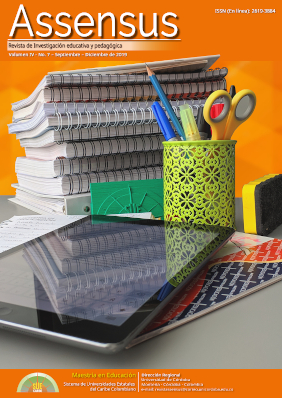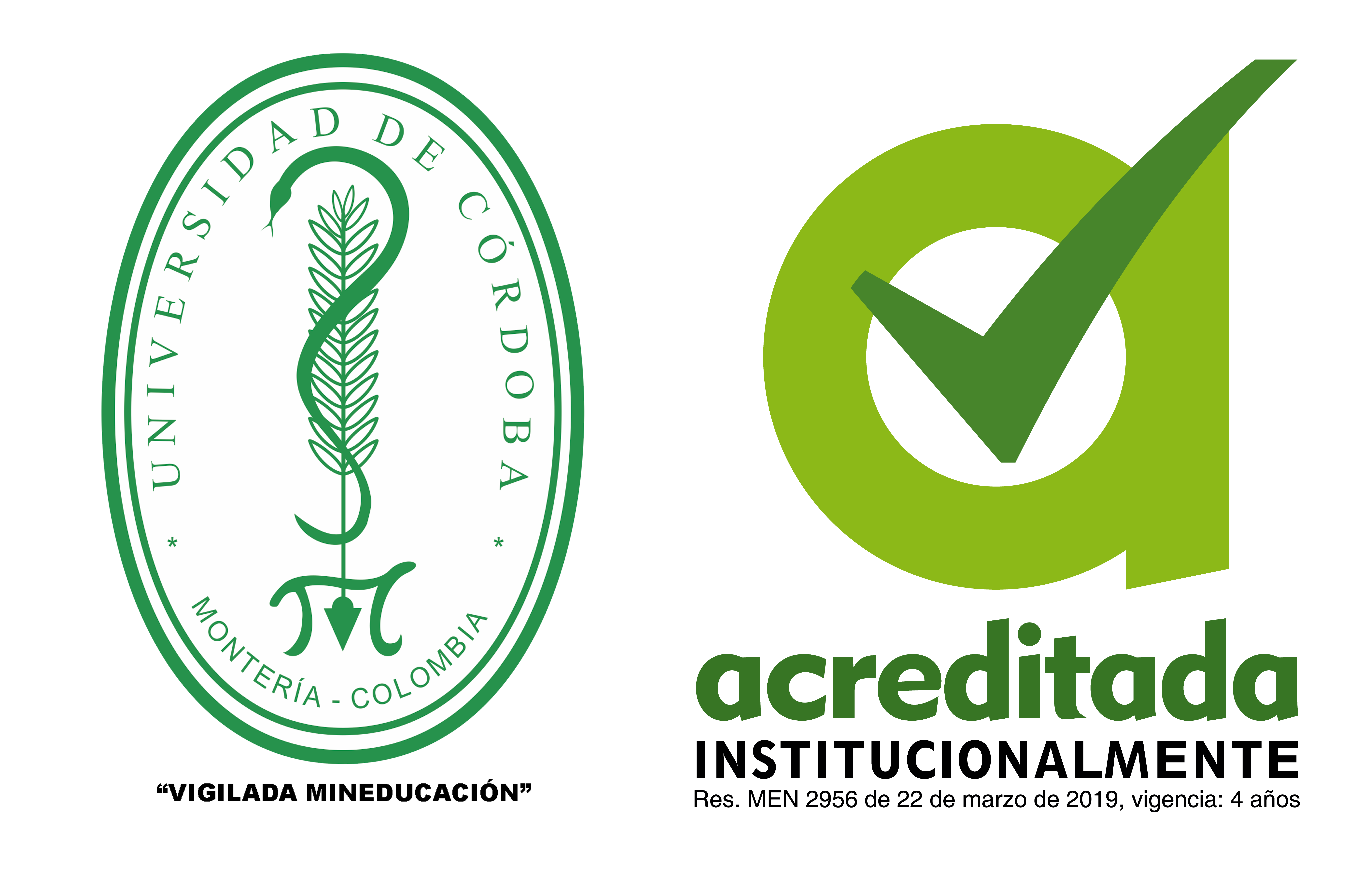Ethics as a philosophical problem of education
L’éthique comme problème philosophique de l’éducation
The Assensus journal has a Creative Commons license. The citation, use and partial or total reproduction of the contents is authorized by citing sources. For more information, see https://creativecommons.org/licenses/by-sa/4.0/deed.en
Show authors biography
This article is produced in the context of the International Seminar on Education and Emancipation : between conversion and metamorphosis, developed within the framework of the PREFALC project, a program of support for training and research in international cooperation at the master's level, which the French government finances with universities French and their peers in Latin America and the Caribbean, in its 2018-2019 version, called “Rewrites of emancipations and modernity in the great Caribbean” France-Colombia. A brief overview is offered in a reflexive tone about the relationship between ethics and philosophy today and its permanent relevance as a matter of education. The approaches are illustrated with problematized principles from stoicism in contrast to pastoral pedagogies. It is derived towards the definition of emancipation and metamorphosis where education would be conceived as a practice for subjects to improve themselves ethically, which interrogates school practices and mediations for moral formation. This reflection focuses on how even from the restricted institutionalization of educational systems, in the field of everyday life there is a pedagogical freedom in which the educator can not only transform himself, but provide the opportunity for students to emancipation and overcoming moral autonomy. The article leaves a question about the practices in education and their true coherence with the aspiration to promote a lifelong learning.
Article visits 537 | PDF visits
Downloads
- Alain, (1998). Propos sur l’éducation, Paris, PUF.
- Antibi, (2003).La constante macabre, Paris, Math’Adore,
- Cassien, J. (2001.) Institutions cénobitiques, IV, 24, Paris, Cerf,.
- Williams, B. (1990) .L’éthique et les limites de la philosophie, trad. M. A. Lescourret, Paris, Gallimard,
- Cicéron, De finibus, III, VI, 22.
- Cf. M. A. Zagdoun, (2005). Problèmes concernant l’oikeiôsis stoïcienne, in G. Romeyer Dherbey(dir.), Les Stoïciens, Paris, Vrin
- Cic. Fin. III, 62-68.
- Foucault, (1982). L’herméneutique du sujet, Paris, Cours au Collège de France-Seuil Gallimard, 2001. p. 318. 2
- Moreau, D. (2013). Peut-on apprendre à vivre à l’école ?. La compétence en éducation et en formation, Paris, France. in https://halshs.archives-ouvertes.fr/halshs-00948292/document
- Moreau, D. (2013). Les paradoxes d’une éducation métamorphique : l’Émile de Rousseau », in A.M. Drouin –Hans (dir.), Rousseau vu d’aujourd’hui, Paris.
- Piaget, J. (1931). Le jugement moral chez l’enfant, Paris PUF.
- Ricœur, P. (1996). Ethique in : M. Canto-Sperber (dir.), Dictionnaire d’éthique et de philosophie morale, Paris, PUF, p. 580-584.
- Ricœur, P. (1990). Soi-même comme un autre, Paris, Seuil, 1990
- Rousseau, (1964). Émile, Oeuvres co.mplètesIV, Paris, La Pléiade Gallimard, p. 283
- Saint-Cyran, (1887). Entretien sur les enfants, in Irénée Carré, Les pédagogues de Port-Royal, Paris, Delagrave, p. 38.
- Sénèque, Lettres à Lucilius, 24, 13
- Sénèque, Lettre 121.



